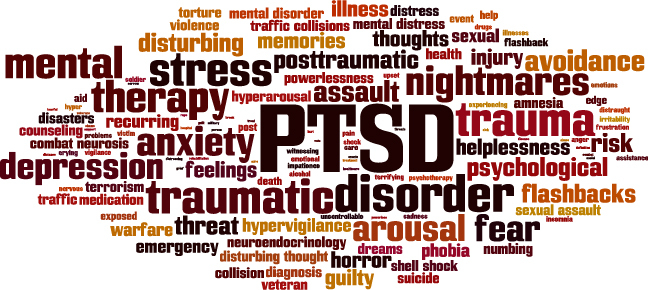Most people recognize that negative experiences in childhood can have a long-term effect on the individual, even after they have grown up. Psychological science has a name for this phenomenon, ACE which stands for Adverse Childhood Experiences. As indicated, adverse childhood experiences can have lasting after-effects. Their effects can be mental-psychological and also physical.
Often, it may happen that someone having ACE experiences in their background may appear to behave perfectly normal in most circumstances, but, in other specific circumstances, their behavior may be erratic and unexpected. This may be the long-term effect of ACT trauma.
Trauma
Trauma is a word often used to describe the physical damage to the human body. But it is also used to describe psychic-psychological damage affecting one’s personality and behavior. When this psychological damage occurs as the result of wartime experiences or some other shocking incident or incidents, the adverse result is called PTSD, Post Traumatic Stress Disorder. The person suffering from PTSD may experience sleeplessness, or insomnia, be ultra sensitive to loud and unexpected sounds, nightmares, and/or a number of other adverse psychological or behavioral results. Beyond these physical effects, the individual may experience flashbacks in which the original traumatic events, or circumstances similar to them, come back in the form of hallucinations and delusions. The flashback can trigger further adverse behaviors, and sometimes violence. At the very least, the person suffering from PTSD may have problems in their relationships with partners, family, and/or friends.
Another type of PTSD is called “complex,” meaning that it does not derive from experiences in battle. Sometimes, this may be caused by natural disasters. Another cause of Complex PTSD is abuse that has been repeated putting the individual in traumatic situations. These circumstances are most psychologically damaging to the individual when they take place in childhood.
Abusers most commonly are family members from whom the child cannot escape, but, because they are trapped, the abuse becomes a regular occurrence. In children, their brain, cognitive perspective, and self-concepts are in the process of formation, so they are particularly subject to traumatic damage. Thus, traumatic abuse can have adverse effects on the brain’s development, particularly in regard to communication responses. The child’s response to repeated instances of abusive treatment becomes a conditioned response, that is, whenever a particular stimulus (action) takes place, a receptive response takes place: When a parent is abusive in a particular way, the child responded “appropriately” for the abuser’s expectation, by crying, begging forgiveness, and meekly accepting punishment or other such behaviors. The threat and incipient danger in triggering the adult’s abusive behavior traumatize the child, affecting his or her personality and behavior not only to the abuser but also to other family members and even other adults.
This is where ACE come in: The adverse childhood experiences engender PTSD in the child. As the child gets older and grows up, the conditioned responses remain in his or her psyche in some form. So, when something happens in the adult’s life and surroundings suggestive of the abuser’s presence or threats, the individual reacts according to the unconsciously or consciously perceived threat. Psychologically and physically, the body reacts, which may produce a number of effects related in some way to the original trauma. This can often be a “fight to flight” response but may take another form depending on a number of variable factors. In any case, the previously-abused individual, suffering in adulthood from some degree of Complex PTSD, does not react “normally,”
For the ACE Complex PTSD individuals, he or she often reverts to some form of a survival strategy. Sometimes, the response is to become paralyzed, incapable of action. Regardless of the character of the reaction and response, there is a distinctive action and response. Thus, the long-term effect of childhood abuse and trauma are experienced by the adult.
If you are subject to some form of Complex PTSD as the result of childhood experiences, be aware that these adverse conditioned responses can be changed through psychological counseling. First, it is necessary to consult a psychologist to discover the sources of the adverse behavioral responses. Following that, a treatment plan can be devised to deal with the problems associated with childhood abuse.















